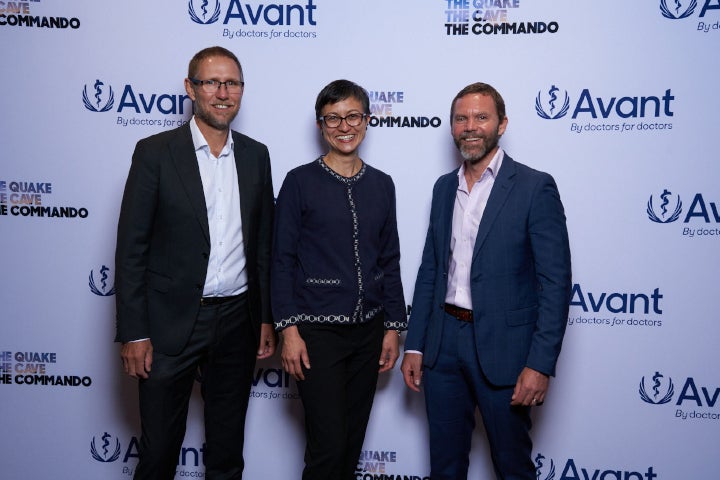Health and wellbeing
The wellbeing of doctors is essential for the delivery of healthcare. Avant’s vision is to support doctors throughout their lives and careers, which puts your wellbeing central to our purpose.

A career in medicine has many challenges. Avant wants to help you prioritise your health and wellbeing. We provide resources, support and advice tailored to the needs of Australian doctors, to help you better face the challenges of a career in medicine and provide the highest level of care to your patients.

Assess your wellbeing
Avant members have access to the My Well-Being Index (WBI) app which is 100% anonymous. Customised for Australian doctors, the app uses the Well-Being Index developed by the Mayo Clinic for Doctors to help users identify burnout and increase awareness of your wellbeing.

Key support services
Avant believes that to maintain their health and wellbeing, doctors need to have access to appropriate support and services.
Paying close attention to your physical and mental health is vital for maintaining a balanced life and career success in medicine. See our key support services for further information.
Avant wants to assist you to take a proactive approach to well-being by providing access to tailored resources and support.

Suffering burnout?

Managing fatigue

Doctors' mental health

Substance abuse and the medical profession

Safeguarding your physical health

Sustaining wellness throughout a career

Wellness: what does it mean for doctors?

Sustaining wellness in rural practice

How to be a better patient

Managing occupational stress

Medical student wellness and health priorities

Mindfulness

My Well-Being Index
Assess your wellbeing
Avant members have access to the My Well-Being Index app which is 100% anonymous. Customised for Australian doctors, the app uses the Well-Being Index developed by the Mayo Clinic to help you identify burnout and increase awareness of your wellbeing.












